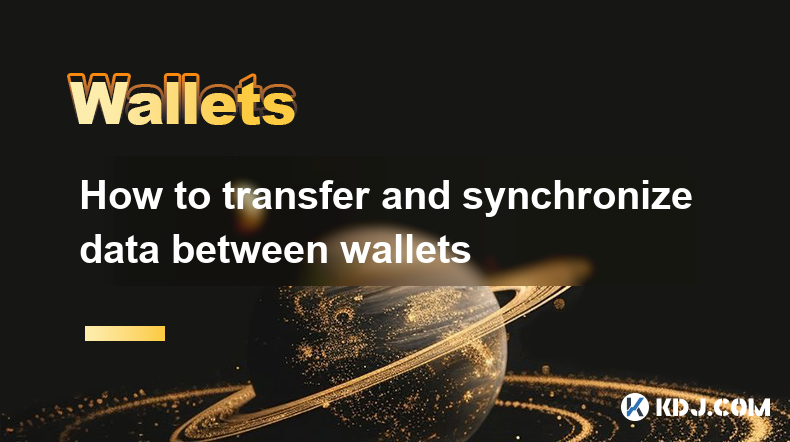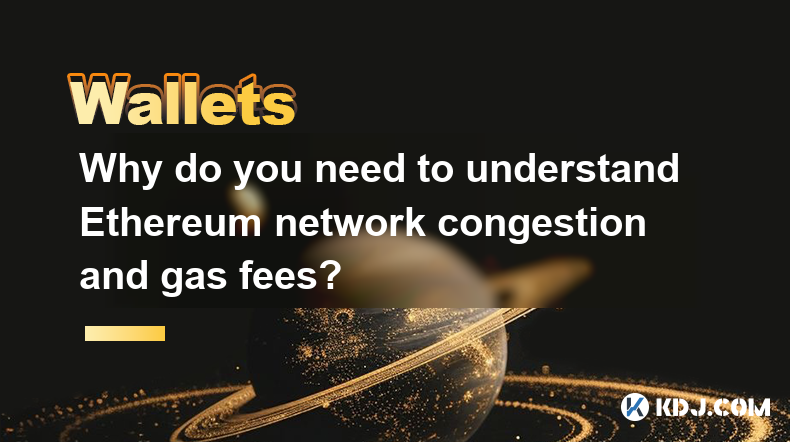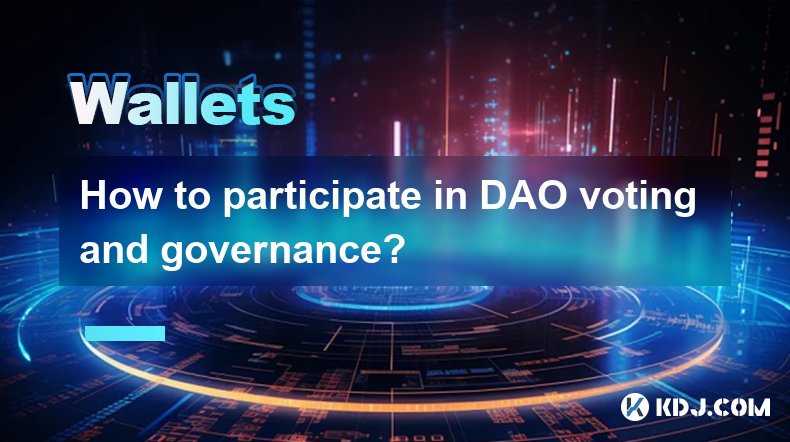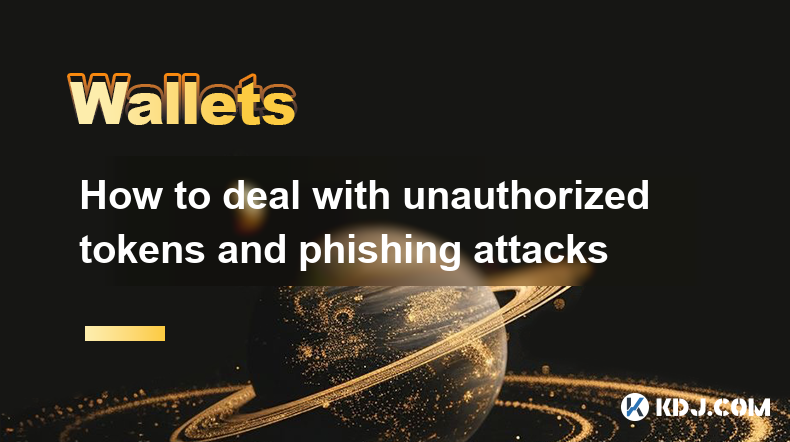-
 Bitcoin
Bitcoin $96,440.4167
-1.90% -
 Ethereum
Ethereum $2,690.5903
-2.45% -
 XRP
XRP $2.5889
-2.81% -
 Tether USDt
Tether USDt $0.9999
-0.06% -
 BNB
BNB $654.8775
0.10% -
 Solana
Solana $172.0925
-2.14% -
 USDC
USDC $1.0001
0.01% -
 Dogecoin
Dogecoin $0.2443
-3.72% -
 Cardano
Cardano $0.7664
-4.02% -
 TRON
TRON $0.2380
-4.11% -
 Chainlink
Chainlink $17.5412
-3.99% -
 Avalanche
Avalanche $25.1331
-0.31% -
 Sui
Sui $3.3388
-4.88% -
 Stellar
Stellar $0.3280
-3.42% -
 Litecoin
Litecoin $128.3458
-3.53% -
 Toncoin
Toncoin $3.6686
2.01% -
 Hedera
Hedera $0.2162
-1.94% -
 Shiba Inu
Shiba Inu $0.0...01525
-2.17% -
 UNUS SED LEO
UNUS SED LEO $9.7276
-0.21% -
 Hyperliquid
Hyperliquid $24.5558
-1.54% -
 Polkadot
Polkadot $5.1157
1.32% -
 MANTRA
MANTRA $7.5975
-0.22% -
 Bitcoin Cash
Bitcoin Cash $318.1092
-3.19% -
 Bitget Token
Bitget Token $4.9846
7.29% -
 Ethena USDe
Ethena USDe $0.9990
-0.08% -
 Dai
Dai $1.0000
-0.01% -
 Uniswap
Uniswap $8.8351
-4.88% -
 Monero
Monero $232.2775
-1.28% -
 NEAR Protocol
NEAR Protocol $3.4888
-1.57% -
 Pepe
Pepe $0.0...09261
-4.99%
What currencies does Trust Wallet support?
Trust Wallet offers support for a diverse array of cryptocurrencies, including Bitcoin (BTC), Ethereum (ETH), and Cardano (ADA), empowering users to securely store, manage, and transact with their digital assets.
Feb 21, 2025 at 07:43 am

Key Points:
- Comprehensive list of cryptocurrencies supported by Trust Wallet.
- Detailed guide on adding, storing, and managing supported assets.
- Security measures implemented to protect user funds within Trust Wallet.
- Answers to frequently asked questions regarding supported currencies.
Which Cryptocurrencies Does Trust Wallet Support?
Trust Wallet supports a vast range of cryptocurrencies, enabling users to store, manage, and transact with a diverse portfolio of digital assets. The supported currencies include:
- Bitcoin (BTC): The pioneering cryptocurrency renowned for its decentralized nature and limited supply.
- Ethereum (ETH): A highly programmable blockchain platform widely used for decentralized applications and smart contracts.
- Binance Coin (BNB): The native token of the Binance ecosystem, utilized for transaction fees and various utility functions.
- Cardano (ADA): A proof-of-stake blockchain known for its advanced security and scalability features.
- Solana (SOL): A high-throughput blockchain designed for speed, efficiency, and low transaction costs.
- Dogecoin (DOGE): A meme-inspired cryptocurrency with a passionate community and potential for value growth.
- Litecoin (LTC): A peer-to-peer cryptocurrency characterized by its fast transaction times and low fees.
- Uniswap (UNI): A decentralized exchange token that facilitates peer-to-peer trading of cryptocurrencies.
- Chainlink (LINK): A decentralized oracle network that connects blockchain applications to external data sources.
- Cosmos (ATOM): A blockchain ecosystem focused on interoperability, enabling multiple blockchains to communicate and share data.
Adding Cryptocurrencies to Trust Wallet
- Download and Install: Acquire Trust Wallet through the official website or app stores.
- Create a Wallet: Establish a new wallet or import an existing one using your recovery phrase.
- Receive Crypto: Generate a unique receiving address for specific cryptocurrencies you wish to hold.
- Buy Crypto: Utilize Trust Wallet's built-in exchange feature to purchase cryptocurrencies directly from the wallet.
Storing and Managing Cryptocurrencies
- Secure Storage: Trust Wallet employs robust security measures, including encryption, multi-factor authentication, and a secure enclave.
- Transaction History: Monitor your cryptocurrency transactions, track balances, and review historical data within the wallet's transaction history.
- Blockchain Interaction: Interact with different blockchains and explore decentralized applications directly from Trust Wallet.
FAQs
Which cryptocurrencies are not supported by Trust Wallet?
While Trust Wallet supports a wide range of cryptocurrencies, it does not currently accommodate all existing digital assets. Specific currencies that may not be supported include newer altcoins, private tokens, or lesser-known cryptocurrencies.
How to add an unsupported cryptocurrency to Trust Wallet?
Trust Wallet enables users to add custom tokens, including those that may not be natively supported within the app. To do so, navigate to the "Add Token" section and provide the required token details, such as the blockchain network, contract address, and token symbol.
How secure is Trust Wallet?
Trust Wallet prioritizes security and takes numerous measures to safeguard user funds. These include:
- Private Key Control: Users maintain exclusive control over their private keys through the wallet's mnemonic recovery phrase.
- Secure Enclave: Sensitive information, such as private keys, is encrypted and stored in a hardware-based secure enclave.
- Multi-Factor Authentication: Additional layers of security, such as two-factor authentication and biometric authorization, prevent unauthorized access to the wallet.
Can Trust Wallet be used for staking cryptocurrencies?
Trust Wallet supports staking for certain cryptocurrencies, such as Ethereum and Cardano, allowing users to earn rewards by holding and validating these assets. Staking functionality is available within the wallet's "Earn" section for supported coins.
How to withdraw cryptocurrencies from Trust Wallet?
Withdrawing cryptocurrencies from Trust Wallet involves selecting the desired currency, entering the recipient's address, and confirming the transaction. Withdrawal fees and processing times may vary depending on the specific cryptocurrency and network congestion.
Disclaimer:info@kdj.com
The information provided is not trading advice. kdj.com does not assume any responsibility for any investments made based on the information provided in this article. Cryptocurrencies are highly volatile and it is highly recommended that you invest with caution after thorough research!
If you believe that the content used on this website infringes your copyright, please contact us immediately (info@kdj.com) and we will delete it promptly.
- 5 Best Cryptos to Buy Today: BTFD Coin, Dogecoin, Goatseus Maximus, Baby Doge Coin, Pudgy Penguins
- 2025-02-22 16:30:25
- New IP-Focused Altcoin Surges 164% in First Week Amid Launch of Research Collaboration With Stanford University
- 2025-02-22 16:30:25
- Top Crypto Projects to Invest in February 2025: Qubetics, Render, Solana, and XRP
- 2025-02-22 16:30:25
- Discover the Future of Digital Currency: Insights into SEI, EOS, and the Revolutionary Qubetics
- 2025-02-22 16:30:25
- Bybit Hit By Colossal $1.46 Billion Hack, Biggest Crypto Theft In History
- 2025-02-22 16:30:25
- BTFD Coin: The Ultimate Play for Smart Investors
- 2025-02-22 16:30:25
Related knowledge

What are cold storage and hot storage? Which one is safer?
Feb 22,2025 at 03:18pm
Key Points:Cold storage and hot storage are two methods of storing cryptocurrencies.Cold storage involves storing cryptocurrencies offline, while hot storage involves storing them online.Cold storage is generally considered safer than hot storage, as it is not connected to the internet and is therefore less susceptible to hacking.Cold StorageCold storag...

How to synchronize wallets in multiple devices and browsers
Feb 22,2025 at 09:18am
Key Points:Understand the different types of cryptocurrency wallets and their synchronization capabilities.Learn how to synchronize hardware wallets with multiple devices.Discover the steps involved in synchronizing software wallets across platforms.Explore the options for synchronizing mobile wallets on different devices.Gain insight into browser exten...

How to transfer and synchronize data between wallets
Feb 21,2025 at 12:25pm
Key Points:Understanding different wallet types and their capabilitiesIdentifying similarities and differences between walletsExploring options for transferring and synchronizing dataEnsuring data security and integrity during transferAddressing common challenges and troubleshooting tipsHow to Transfer and Synchronize Data Between Cryptocurrency Wallets...

Why do you need to understand Ethereum network congestion and gas fees?
Feb 21,2025 at 04:48am
Key PointsUnderstanding Ethereum Network Congestion and Gas FeesGas Fees ExplainedFactors Affecting Network CongestionStrategies for Minimizing Gas FeesImpact of Ethereum UpgradesUnderstanding Ethereum Network Congestion and Gas FeesThe Ethereum network is a decentralized platform that hosts a vast ecosystem of decentralized applications (dApps), non-fu...

How to participate in DAO voting and governance?
Feb 21,2025 at 03:42pm
Key Points:Overview of DAO Voting and GovernanceUnderstanding DAO Structures and MembershipRole of DAO Tokens and Voting RightsParticipating in Voting and Proposal SubmissionLeveraging Governance Tools and PlatformsImpact of Voting Participation on DAO OutcomesBest Practices for Effective DAO GovernanceHow to Participate in DAO Voting and Governance1. U...

How to deal with unauthorized tokens and phishing attacks
Feb 21,2025 at 05:25am
Dealing with Unauthorized Tokens and Phishing Attacks in the Cryptocurrency CircleThe cryptocurrency market is rife with potential dangers, including unauthorized tokens and phishing attacks. To protect yourself from these threats, it's crucial to take proactive measures and be vigilant in your online activities.Key Points:Unauthorized Tokens: Tokens cr...

What are cold storage and hot storage? Which one is safer?
Feb 22,2025 at 03:18pm
Key Points:Cold storage and hot storage are two methods of storing cryptocurrencies.Cold storage involves storing cryptocurrencies offline, while hot storage involves storing them online.Cold storage is generally considered safer than hot storage, as it is not connected to the internet and is therefore less susceptible to hacking.Cold StorageCold storag...

How to synchronize wallets in multiple devices and browsers
Feb 22,2025 at 09:18am
Key Points:Understand the different types of cryptocurrency wallets and their synchronization capabilities.Learn how to synchronize hardware wallets with multiple devices.Discover the steps involved in synchronizing software wallets across platforms.Explore the options for synchronizing mobile wallets on different devices.Gain insight into browser exten...

How to transfer and synchronize data between wallets
Feb 21,2025 at 12:25pm
Key Points:Understanding different wallet types and their capabilitiesIdentifying similarities and differences between walletsExploring options for transferring and synchronizing dataEnsuring data security and integrity during transferAddressing common challenges and troubleshooting tipsHow to Transfer and Synchronize Data Between Cryptocurrency Wallets...

Why do you need to understand Ethereum network congestion and gas fees?
Feb 21,2025 at 04:48am
Key PointsUnderstanding Ethereum Network Congestion and Gas FeesGas Fees ExplainedFactors Affecting Network CongestionStrategies for Minimizing Gas FeesImpact of Ethereum UpgradesUnderstanding Ethereum Network Congestion and Gas FeesThe Ethereum network is a decentralized platform that hosts a vast ecosystem of decentralized applications (dApps), non-fu...

How to participate in DAO voting and governance?
Feb 21,2025 at 03:42pm
Key Points:Overview of DAO Voting and GovernanceUnderstanding DAO Structures and MembershipRole of DAO Tokens and Voting RightsParticipating in Voting and Proposal SubmissionLeveraging Governance Tools and PlatformsImpact of Voting Participation on DAO OutcomesBest Practices for Effective DAO GovernanceHow to Participate in DAO Voting and Governance1. U...

How to deal with unauthorized tokens and phishing attacks
Feb 21,2025 at 05:25am
Dealing with Unauthorized Tokens and Phishing Attacks in the Cryptocurrency CircleThe cryptocurrency market is rife with potential dangers, including unauthorized tokens and phishing attacks. To protect yourself from these threats, it's crucial to take proactive measures and be vigilant in your online activities.Key Points:Unauthorized Tokens: Tokens cr...
See all articles














![BONK The Meme Coin MORE THAN ORDINARY [DOG] on Solana BONK The Meme Coin MORE THAN ORDINARY [DOG] on Solana](/uploads/2025/02/22/cryptocurrencies-news/videos/bonk-meme-coin-ordinary-dog-solana/image-1.jpg)


































































